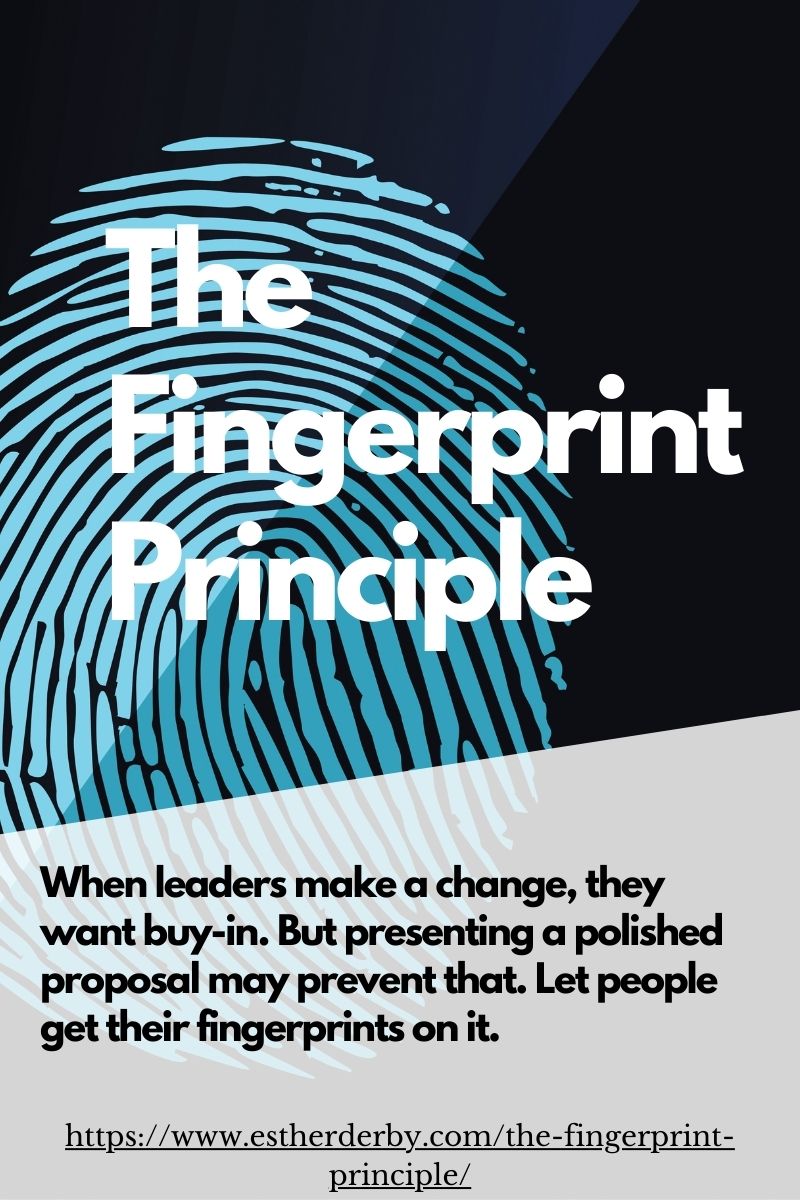Many people are conditioned to say Yes to every request that comes their way.
I met a CIO like that. He told me his policy was to never say No to the business. So he always said Yes, and the business was always angry because things he agreed to didn’t get done, or got done poorly or far later than they wished. His Yes meant nothing.
Sometimes, a clear No is the best response. When there’s no real possibility of meeting a request, No allows the person making the request to adjust accordingly. That may mean changing plans or finding another way to get some work done.
But other times, No is the starting point for a negotiation. Here’s a story about how one new manager learned to stop saying Yes, and getting talked out of No.
Recently, I met with Monroe, a new manager, over lunch. He was feeling overwhelmed, and recited a long list of projects he was working on. Monroe complained that his boss didn’t seem to realize how much work he was doing.
“Do you ever say no?” I asked.
“Of course I do!” Monroe said. “I try to say no, but then he gives me all the reasons it’s important for the company to do this extra project. He does have good reasons for what he’s asking for, so I cave in. But I can’t see how I’m going to get all this work done!”
Monroe isn’t alone in having difficulty in turning down his boss’s requests. Some people have a hard time saying no because they fear offending. Others have rules that say “Don’t disappoint,” or “Always be helpful.”
Rules may keep us from saying no even when we want to—when we realize saying yes doesn’t serve us. Some people don’t consider their own needs when they say yes, assuming (albeit unconsciously) that whatever the requester wants is more important than their own priorities, health, well-being, or ability to juggle one more task.
As Monroe and I talked over lunch, I began to understand that Monroe had a slightly different problem. He could say no, but he just couldn’t hold it. If Monroe stood firm in his refusal, his boss might think he wasn’t up to his new management role. But Monroe was paying a price for backing down.
Since he said yes to all the requests eventually, Monroe was actually training his boss to keep pressuring him until he wore him down. In doing this, Monroe was also bringing about the result he feared most: showing his boss he wasn’t up to his management job by failing to prioritize and follow through on agreements.
Underneath his inability to say no and have it stick Monroe suffered from having a two-speed switch: On (Yes) or Off (No). What he needed was a way to start a negotiation toward an agreement that recognized organizational goals and took into existing work commitments into account .
Monroe and I started thinking of ways he could start a negotiation. Rather than simply blurting out “No!” Monroe decided to start by affirming his boss’s intention by saying, “I can see why that’s important to the organization.” Having something to say would give him a bit of time to think.
Then, depending on the situation, he’d use one of these phrases to start a negotiation:
I can’t fit that project in right now. I can do it ___________.
I can’t do that, but I can do this ___________.
I’d be willing to offer________________. Would that help?
This is what I can do. I can do that instead of _______________. Which is more important?
I can start on that project after ____________.
I can do that AND here is how that will affect ___________ (other work, commitments, etc.).
If Monroe didn’t have an immediate grasp of the impact, he’d one of these answers to gain time analyze the situation:
I need to check with ________ before I commit to that.
I can’t give you an answer I can stand behind until I review my other commitments.
Monroe and I met a week later to check in, and he reported on his boss’s latest request. “It was sort of funny!” Monroe started. “My boss asked me to take on another task, and I used one of the responses we rehearsed. Then I went over to the white board and did a chalk talk of our current work. When I finished the picture, I turned to my boss and asked him what work I should put on hold in order to fit in the new work.” Monroe grinned. “And you know what my boss said? He said, ‘Now you’re thinking like a manager.’”









I had a very similar experience to Monroe when I became a manager.
One of the things I was doing, but didn’t realize it at first, was burning out my team. I could say yes to everything that was asked, but it was my team who had to add the extra feature, fix the extra bugs, etc.
Learning to negotiate and “think like a manager” not only manages your work load, but keeps your team working at an optimum level too.
Great advice! It takes a two-way conversation to negotiate, though. Some bosses and clients don’t always participate. It doesn’t mean we should say yes. In those cases, the last sentence, will get the most use or we have to take the decision on what to drop on our own.
Hmmm. Do you really want to work with a boss or client who won’t negotiate? When negotiation isn’t admitted as a possibility, the possibility for trust and creativity goes way down.